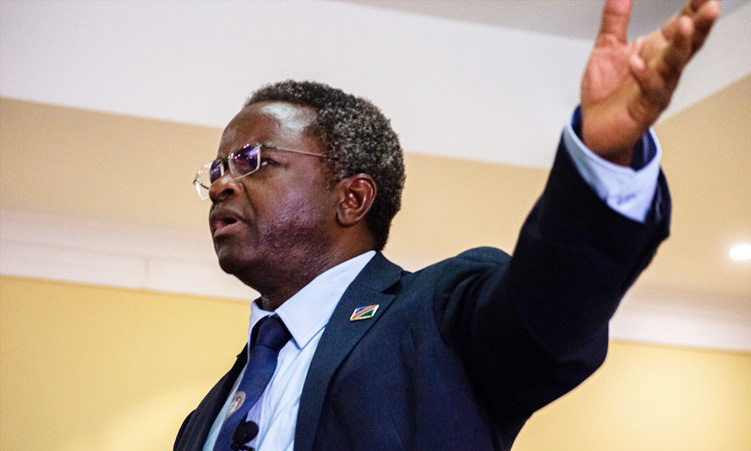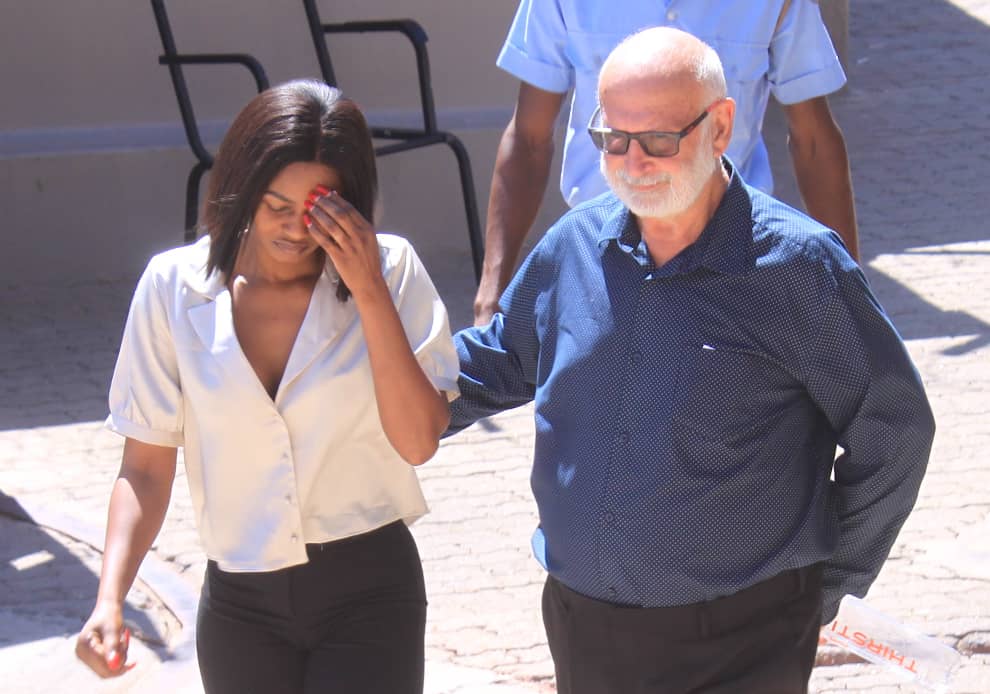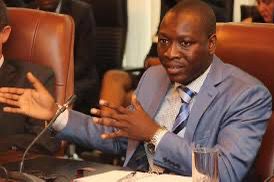The Independent Patriots for Change (IPC) opting to block delegates from voting for fellow regional candidates has been described as a subtle form of dictatorship.
The IPC’s 112 candidates vying for National Assembly seats gathered for their first elective conference in Windhoek yesterday.
IPC leader Panduleni Itula yesterday announced that delegates would not be allowed to vote for their fellow regional candidates. He argued that this would eliminate the buying of votes.
“And if anyone has come from your region with a pocket full, whether it’s Fishrot or not, with the intention to come and take a few other people and say, vote for me, well, you’ve got another way of better spending that money. You cannot buy votes. It’s repugnant,” he said.
He highlighted that the decision was based on schedule four of Namibia’s Constitution, which states: “A political party which qualifies shall be free to choose in its own discretion which persons to nominate as members of the National Assembly to fill the said seats.”
Itula highlighted that this discretion would be used to choose those on the list.
Eight candidates would be selected from each region, Itula added.
“It also allows the party to apply affirmatively its statutory discretion to allow national representation from every region without discrimination. And this party is determined that the list will contain a person from each of those regions and will apply other criteria,” Itula noted.
Itula’s name will not appear on the party’s parliamentary list for the upcoming elections.
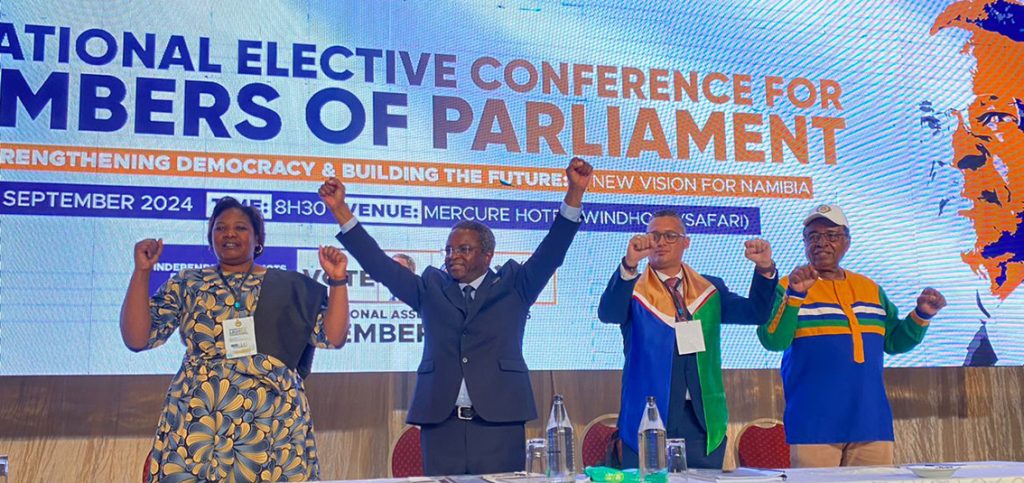
TRYING TO CONTROL THE NARRATIVE
Political analyst Rui Tyitende says the IPC not allowing delegates to elect candidates from their regions indicates the emergence of subtle dictatorial tendencies in the party.
“Because in a democracy, yes, you are trying to control the narrative. Yes, you are trying to ensure that there’s unity.
“What if I’m coming from Omaheke and there’s someone within my region that I know possesses the requisite skills and knowledge and is quite competent in their field?” questions Tyitende.
He says democracy ought to be the biggest winner.
Tyitende describes the policy as infringing on delegates’ constitutional right to vote for the candidates of their choice.
“If you don’t give people the freedom to choose who they want to vote for, you limit their agency.”
Tyitende, however, has acknowledged that sometimes voters base their decisions on ethnicity or regionalism.
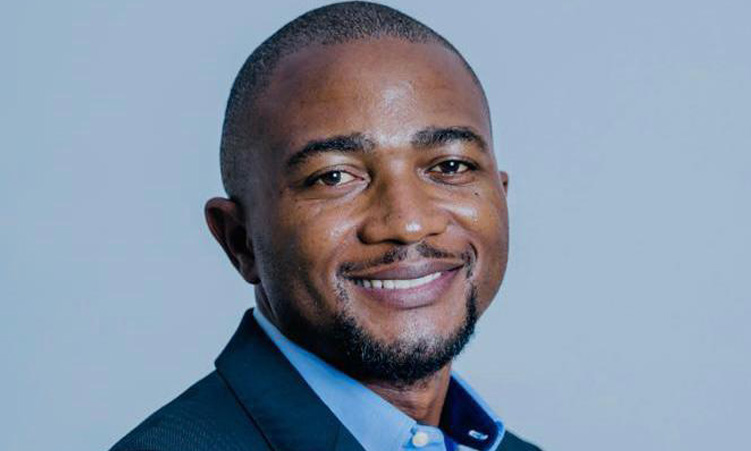
“It’s a double-edged sword: On one hand, you’re trying to uphold the Constitution, while on the other, you’re focused on consolidating or strengthening party unity,” he adds.
Political analyst Ben Mulongeni says in the IPC’s quest to correct one mistake – that of voting along regional lines, they have made another – that of censoring candidates.
“Two wrongs do not make a right. Because being a new party, I understand that you are not allowed to campaign in corners. Sometimes that can become destructive.”
Mulongeni says the elimination of back-stabbing can safeguard unity at this stage, however, he notes that sometimes the most competent person could be someone from a candidate’s region.
“You know the business person, you know how he does, his personality, his character and leadership quality. So knowing somebody is the first criterion of putting your trust in that somebody,” he says.
Mulongeni highlights that campaigning in the corridors is seen as an American or Western tradition, but it’s not.
“Democracy is something where you have to accommodate diverse views.”
The IPC’s election, which was led by chief returning officer and lawyer, Dirk Conradie, took place yesterday after candidates had five minutes to introduce and campaign for themselves.
The results will be announced this morning and the IPC will launch its campaign tomorrow.
Stay informed with The Namibian – your source for credible journalism. Get in-depth reporting and opinions for
only N$85 a month. Invest in journalism, invest in democracy –
Subscribe Now!




